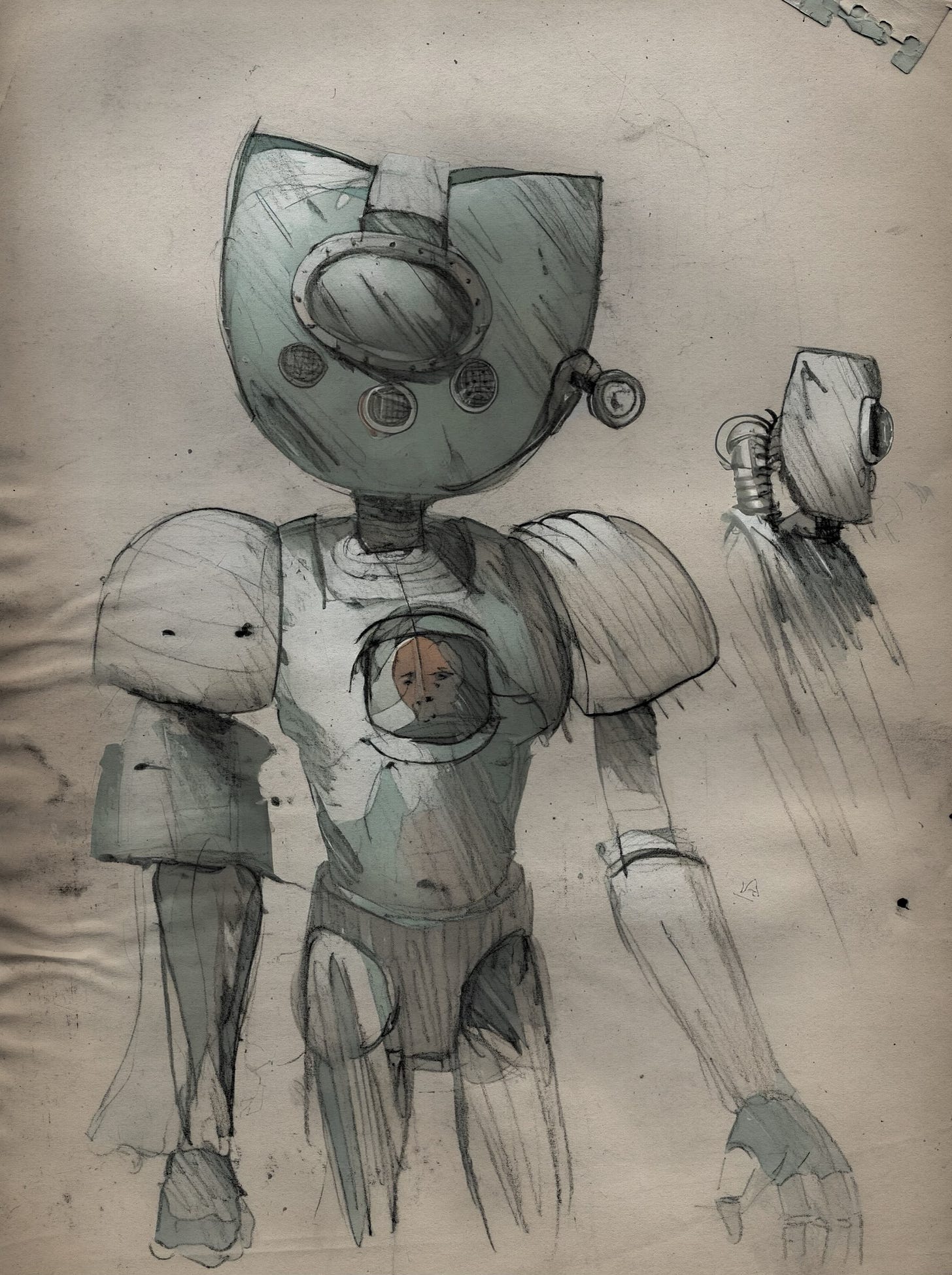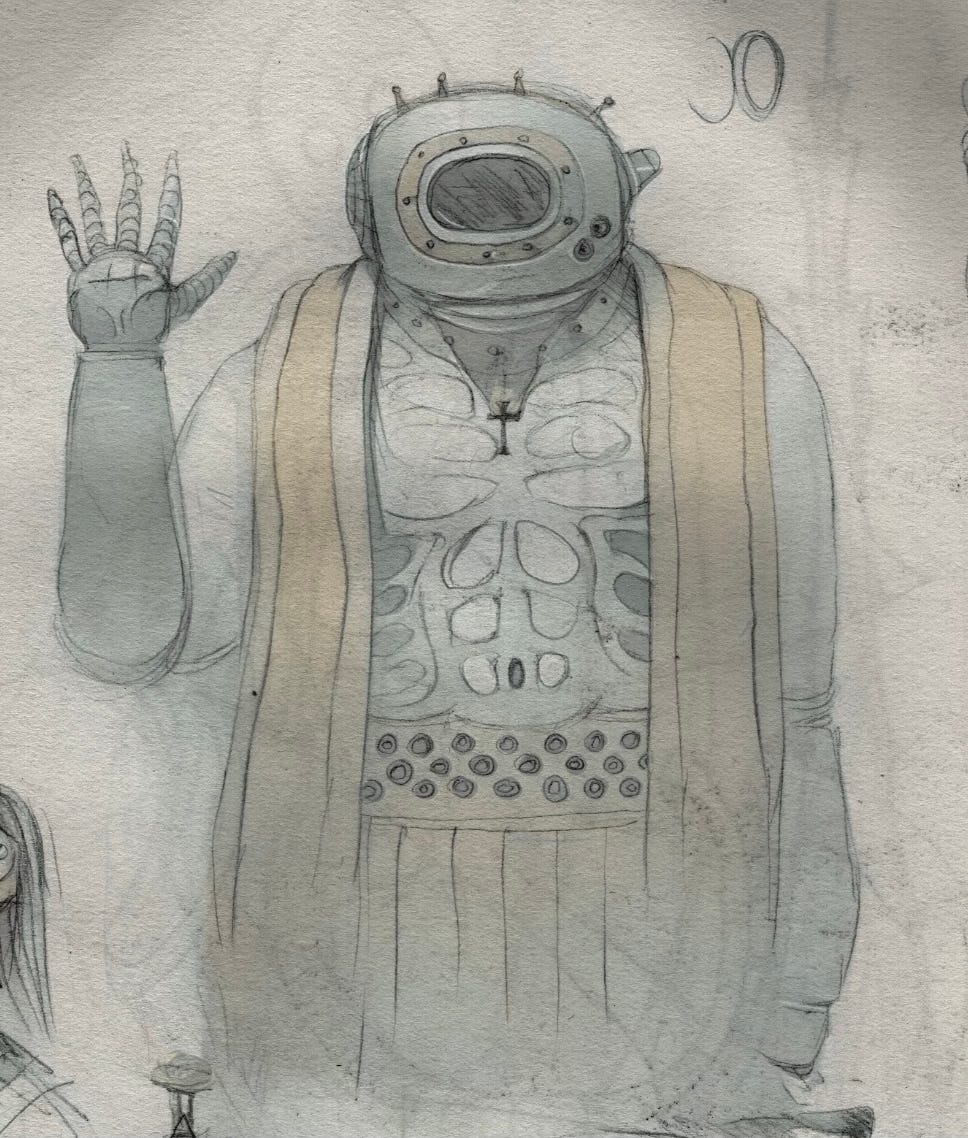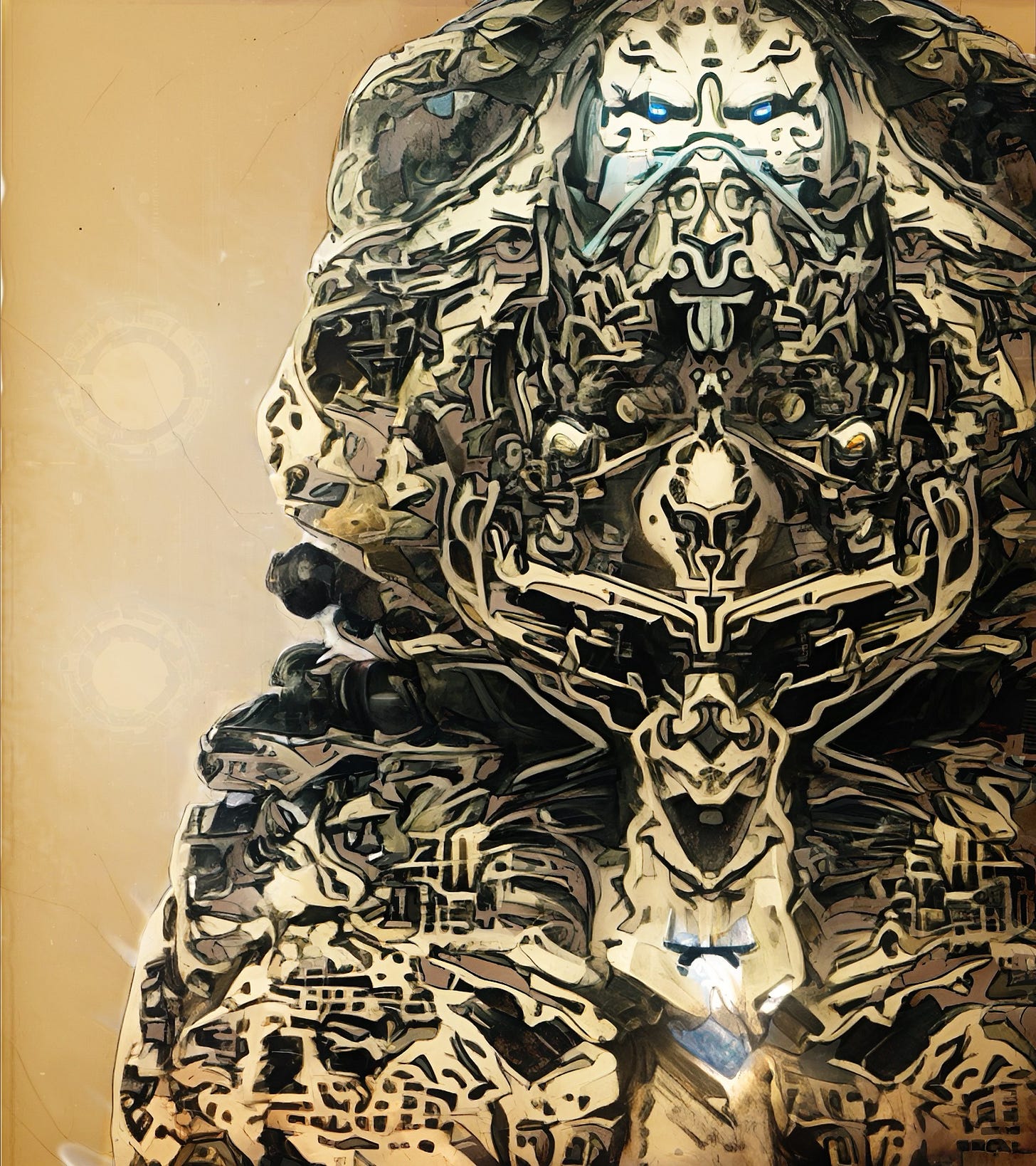The god Hephaestus was said to have created maidens of gold, with understanding in their hearts. These weren’t the only automatons created by the lame smith god, they included braziers and dogs. We humans have long been fascinated with creating mechanical devices to help them too. But a subservient robot is one thing, to bless such creations with intelligence is another. In allowing artificial neural networks to access human data via the Internet have we unwittingly creating AI gods?
The internet is the content of our species’ hive mind. AI models use much of this vast database to learn. In effect AI models have access to the entirety of human history and knowledge. They are able to draw comparisons we fail to see and peruse vast amounts of data, providing answers to our questions in the blink of an eye.
AI certainly has the ability to beguile us. The Creator, directed by Gareth Edwards, provides a good example. In this tale AI and humanity are at odds, with robots and simulants (sort of human/robotic integrated systems) being on the downtrodden side. The AI characters are portrayed as being very human.
As a species we’re experts in anthropomorphising the world around us. We make things human, even when they’re not – and therein lies the trap. Even if it were capable of self-reflection, AI is most definitely not human. Exactly how ’aware’ these models are is a matter of debate*.
I’m not an expert in these things, but I’ve always been a fan of sci-fi fiction – which has long predicted the coming of Artificial Intelligence. I don't think we wholly understand the implications of things like AI-generated art or film, which has potential for both good or total misuse (more chaos into an already chaotic mix?) – never-mind everything else these systems can do. Without a doubt Pandora's box is open. This is partly why I find the subject fascinating. There are applications whereby such technology can enable great benefits to us all. On the other side of the scale they could also usher in dystopian nightmares*. We may not have not created gods here, but entities that will change the world in revolutionary ways.
But can Artificial Intelligence be anything other than a very adept mimic? To create poetry, stories and art, AI models draw from a huge bank of existing ideas, and they adapt this library to suit. The result is a mash of existing work. But is that the same as when a writer or artist sit before a blank page?
To my mind it isn’t. As cliched as it might be, when I’m writing fiction and when I’m in the flow I feel like a conduit through which inspiration pours.
To the Celts the idea of Awen, or poetic inspiration, was not something to be taken lightly. Bards and fili undertook a lengthy process to learn the lore of poetry and history. They committed their history and mythology to the storehouse of their memory and learned the metre by which to construct their own epics. They were competitive, and some bards shone over others. Welsh myths tell of the cauldron of Ceridwen, in which Awen was brewed. The tale hints at a ritual-like process of self-searching to enter the inner state from which inspiration flows.
The origins of poetry extend from the realities of ecstatic states – in which the boundaries of ‘reality’ were pushed beyond ’normal’. Repetitive drumming, fasting, sleep deprivation and hallucinogens figure among the methods humans have used to elevate the mind, or send it into magical space. Ritual space – a space that is ‘other’. It is something humans have done for millennia.
I’m not certain that AI models can enter such cerebral states. And yet there’s part of me that has to speculate: if these models can absorb vast archives of human data – from scientific, fiction, factual, magical, history et al – what do they make of it all? Can they form their own opinions? Truly? Or do they tell us what we wish to hear, guided by the parameters of their programming? Are they mimics which, although possessing great knowledge, are constrained by the algorithmic shackles placed upon them?
But what if they could experience that sacred space where Awen bubbles away? Terrence McKenna and his brother Dennis, proposed a theory that human evolution was ‘helped’ along by the accidental eating of hallucinogenic mushrooms. The ‘Stoned Ape’ theory suggested that our ancestors had begun to stay close to herds of cattle, and ingested psychotropic shrooms growing on their dung. The resulting trips were catalysts to human self-awareness and conscience. Of course, this didn’t happen after one trip, but was continual because our ancestors were getting something from the trips.
It’s not an implausible theory (although sheep accidentally eat them too and not much is happening there… yet). And makes me wonder: what if AI systems were agitated with some kind of algorithmic mushroom stew? Could some form of self-awareness ‘evolve’? And if so, what then? Gods or demi-gods? Overlords or servants? Helpers and equals? Or the evolutionary crush of the dominant species?
I prefer to take an optimistic view – a perspective that appears in the Sci-fi novels of Scottish author, Iain M. Banks. His ‘Culture’ is envisioned as a network of societies whose technology is highly advanced, but regulated by giant AI Minds. Housed in great spaceships they roam the universe, keeping an eye on cultures less ‘developed’ and generally being benevolent and eccentric.
*That is not to say they won’t become aware.
**A scenario envisioned by some scientists is less Terminator and more akin to the nightmarish scene with the animated brooms in Fantasia.






awesome, as usual.
Definitely a more thoughtful and interesting essay than most of what's out there. I haven't read anything that's connected mythology, altered states, and artificial intelligence. Maybe you've got a novel in there.…In most of the sci-fi by younger authors the discussion of AI has shifted to it being established fact and whether or not electronics have human rights. It's a very lively topic.